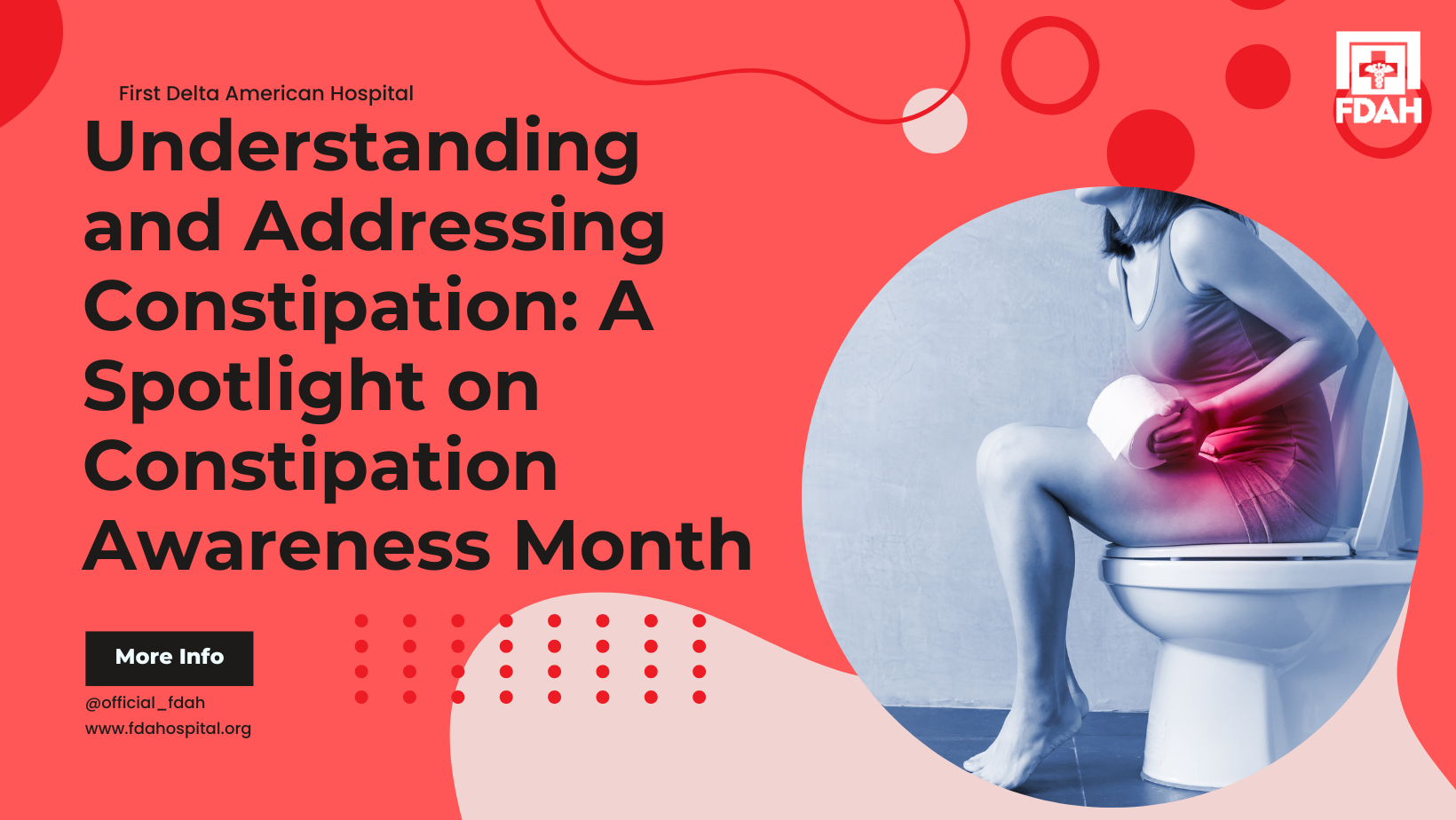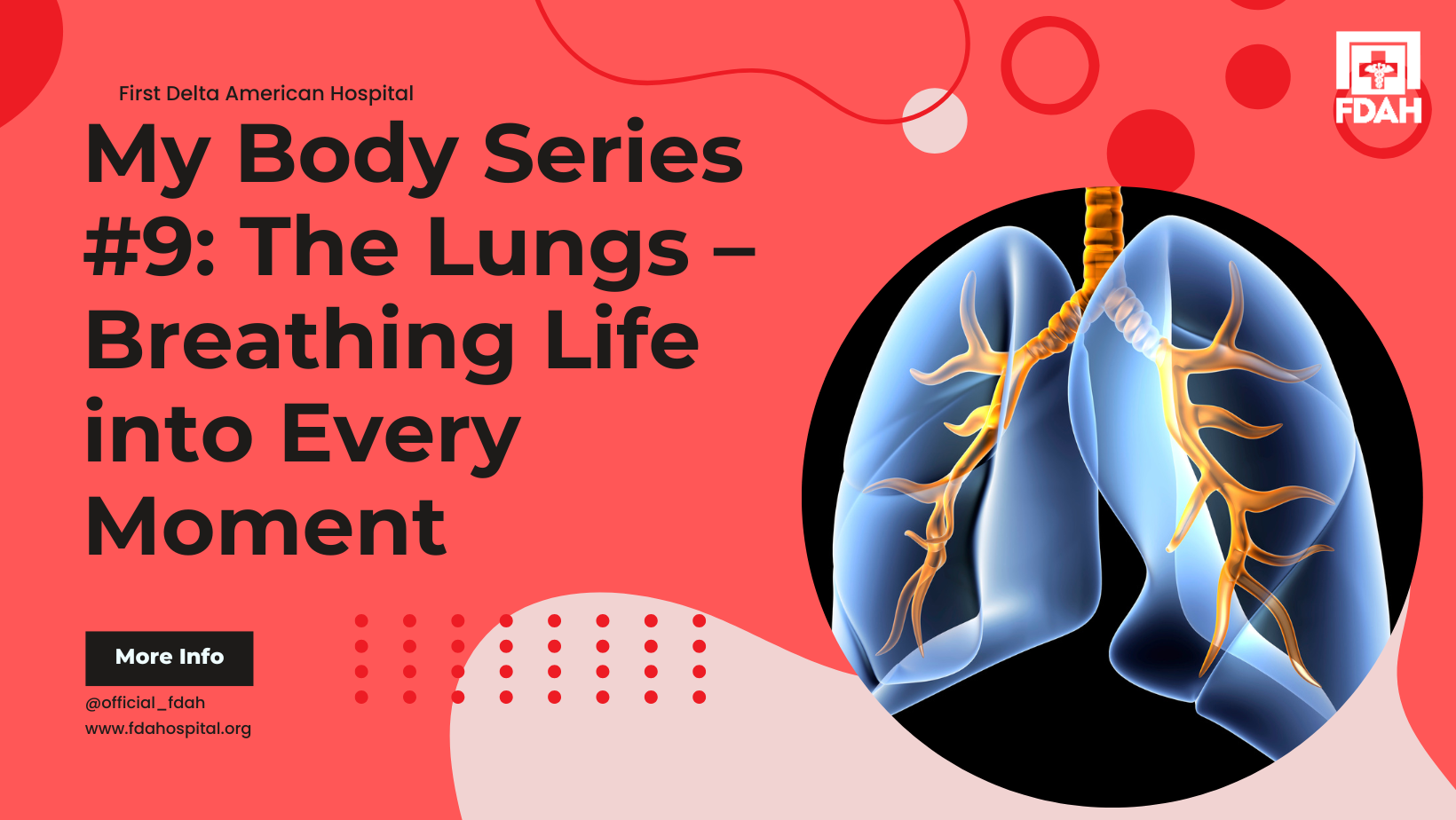Malaria is a life-threatening disease caused by parasites that are transmitted to people through the bites of infected female Anopheles mosquitoes. Despite being preventable and treatable, malaria remains a major global health issue, particularly in tropical and subtropical regions. In this article, we will explore the dangers of malaria and practical measures to prevent it.
The Dangers of Malaria
1. Health Impact
Malaria is a severe and sometimes fatal disease. It begins with symptoms such as fever, chills, and flu-like illness. If left untreated, it can lead to severe complications and death. The primary dangers include:
- Severe Anemia: Malaria can cause severe anemia due to the destruction of red blood cells.
- Organ Failure: In severe cases, malaria can lead to organ failure, including kidney failure, liver failure, and spleen rupture.
- Cerebral Malaria: This is a particularly dangerous form where the parasites infect the brain, leading to seizures, coma, and death if not treated promptly.
2. Economic Impact
Malaria not only affects health but also has significant economic implications:
- Healthcare Costs: The cost of treating malaria, including medications, hospital stays, and medical consultations, can be substantial.
- Loss of Productivity: Malaria can cause absenteeism in schools and workplaces, reducing productivity and economic growth.
3. Social Impact
The social impact of malaria is profound, affecting individuals, families, and communities:
- Educational Disruption: Malaria can disrupt children’s education due to illness and absenteeism.
- Quality of Life: Frequent malaria infections can reduce the quality of life for individuals and communities, causing chronic health issues and impairing overall well-being.
Sensible Ways to Prevent Malaria
1. Use of Insecticide-Treated Nets (ITNs)
Sleeping under insecticide-treated nets is one of the most effective ways to prevent malaria. ITNs provide a physical barrier against mosquitoes and also kill mosquitoes that come into contact with the net.
Tips:
- Ensure that the net is properly tucked under the mattress to prevent mosquitoes from entering.
- Replace ITNs every three years or when they show signs of wear and tear.
2. Indoor Residual Spraying (IRS)
IRS involves spraying the interior walls of homes with long-lasting insecticides. This method kills mosquitoes that rest on walls after feeding and reduces the overall mosquito population.
Tips:
- Ensure that all rooms in the house are sprayed, including bedrooms and living areas.
- Follow local guidelines and schedules for IRS to ensure maximum effectiveness.
3. Use of Mosquito Repellents
Mosquito repellents can be applied to the skin or clothing to prevent mosquito bites. Repellents containing DEET, picaridin, or oil of lemon eucalyptus are effective.
Tips:
- Apply repellent to all exposed skin and reapply as directed.
- Use repellents in combination with other preventive measures like ITNs for added protection.
4. Environmental Management
Reducing mosquito breeding sites is crucial for controlling the mosquito population. Mosquitoes breed in stagnant water, so it’s important to eliminate potential breeding sites around homes and communities.
Tips:
- Empty, clean, or cover containers that can hold water, such as buckets, flowerpots, and tires.
- Ensure proper drainage of water around your home to prevent the accumulation of stagnant water.
5. Chemoprophylaxis
Chemoprophylaxis involves taking antimalarial medications to prevent malaria, especially for travelers to malaria-endemic areas. These medications are taken before, during, and after travel.
Tips:
- Consult a healthcare provider to get the appropriate antimalarial medication based on your travel destination.
- Follow the prescribed medication schedule strictly to ensure protection.
6. Early Diagnosis and Treatment
Prompt diagnosis and treatment of malaria are critical to prevent severe disease and reduce transmission. Rapid diagnostic tests (RDTs) and microscopy are commonly used to diagnose malaria.
Tips:
- Seek medical attention immediately if you experience symptoms such as fever, chills, headache, and body aches, especially if you live in or have traveled to a malaria-endemic area.
- Follow the full course of prescribed antimalarial treatment to ensure complete recovery.
Understanding Malaria: Its Dangers and Sensible Ways to Prevent It
Malaria is a life-threatening disease caused by parasites that are transmitted to people through the bites of infected female Anopheles mosquitoes. Despite being preventable and treatable, malaria remains a major global health issue, particularly in tropical and subtropical regions. In this article, we will explore the dangers of malaria and practical measures to prevent it.
The Dangers of Malaria
1. Health Impact
Malaria is a severe and sometimes fatal disease. It begins with symptoms such as fever, chills, and flu-like illness. If left untreated, it can lead to severe complications and death. The primary dangers include:
- Severe Anemia: Malaria can cause severe anemia due to the destruction of red blood cells.
- Organ Failure: In severe cases, malaria can lead to organ failure, including kidney failure, liver failure, and spleen rupture.
- Cerebral Malaria: This is a particularly dangerous form where the parasites infect the brain, leading to seizures, coma, and death if not treated promptly.
2. Economic Impact
Malaria not only affects health but also has significant economic implications:
- Healthcare Costs: The cost of treating malaria, including medications, hospital stays, and medical consultations, can be substantial.
- Loss of Productivity: Malaria can cause absenteeism in schools and workplaces, reducing productivity and economic growth.
3. Social Impact
The social impact of malaria is profound, affecting individuals, families, and communities:
- Educational Disruption: Malaria can disrupt children’s education due to illness and absenteeism.
- Quality of Life: Frequent malaria infections can reduce the quality of life for individuals and communities, causing chronic health issues and impairing overall well-being.
Sensible Ways to Prevent Malaria
1. Use of Insecticide-Treated Nets (ITNs)
Sleeping under insecticide-treated nets is one of the most effective ways to prevent malaria. ITNs provide a physical barrier against mosquitoes and also kill mosquitoes that come into contact with the net.
Tips:
- Ensure that the net is properly tucked under the mattress to prevent mosquitoes from entering.
- Replace ITNs every three years or when they show signs of wear and tear.
2. Indoor Residual Spraying (IRS)
IRS involves spraying the interior walls of homes with long-lasting insecticides. This method kills mosquitoes that rest on walls after feeding and reduces the overall mosquito population.
Tips:
- Ensure that all rooms in the house are sprayed, including bedrooms and living areas.
- Follow local guidelines and schedules for IRS to ensure maximum effectiveness.
3. Use of Mosquito Repellents
Mosquito repellents can be applied to the skin or clothing to prevent mosquito bites. Repellents containing DEET, picaridin, or oil of lemon eucalyptus are effective.
Tips:
- Apply repellent to all exposed skin and reapply as directed.
- Use repellents in combination with other preventive measures like ITNs for added protection.
4. Environmental Management
Reducing mosquito breeding sites is crucial for controlling the mosquito population. Mosquitoes breed in stagnant water, so it’s important to eliminate potential breeding sites around homes and communities.
Tips:
- Empty, clean, or cover containers that can hold water, such as buckets, flowerpots, and tires.
- Ensure proper drainage of water around your home to prevent the accumulation of stagnant water.
5. Chemoprophylaxis
Chemoprophylaxis involves taking antimalarial medications to prevent malaria, especially for travelers to malaria-endemic areas. These medications are taken before, during, and after travel.
Tips:
- Consult a healthcare provider to get the appropriate antimalarial medication based on your travel destination.
- Follow the prescribed medication schedule strictly to ensure protection.
6. Early Diagnosis and Treatment
Prompt diagnosis and treatment of malaria are critical to prevent severe disease and reduce transmission. Rapid diagnostic tests (RDTs) and microscopy are commonly used to diagnose malaria.
Tips:
- Seek medical attention immediately if you experience symptoms such as fever, chills, headache, and body aches, especially if you live in or have traveled to a malaria-endemic area.
- Follow the full course of prescribed antimalarial treatment to ensure complete recovery.
7. Vaccination
The RTS,S/AS01 (Mosquirix) malaria vaccine has been approved for use in children in malaria-endemic areas. While not yet widely available, vaccination represents a promising tool in malaria prevention.
Tips:
- Stay informed about the availability and eligibility for the malaria vaccine in your area.
- Continue using other preventive measures even if vaccinated, as the vaccine does not provide complete protection.
8. Community Awareness and Education
Raising awareness about malaria prevention and control is essential for community-wide efforts to combat the disease. Educational campaigns can inform people about the importance of preventive measures and encourage community participation.
Tips:
- Participate in local health education programs and spread awareness about malaria prevention in your community.
- Support initiatives and organizations working towards malaria eradication.
9. Support for Research and Development
Supporting research and development efforts for new malaria control tools and treatments is vital for long-term success in combating malaria. Innovations in diagnostic methods, treatment options, and preventive measures can significantly impact malaria control.
Tips:
- Stay informed about ongoing research and support organizations involved in malaria research.
- Advocate for increased funding and resources for malaria research and development.
10. International Collaboration
Malaria is a global health issue that requires international collaboration for effective control and eventual eradication. Partnerships between governments, health organizations, and communities are essential to tackle malaria on a global scale.
Tips:
- Support policies and initiatives that promote international cooperation in malaria control efforts.
- Engage with global health organizations and participate in campaigns that advocate for malaria eradication.
Conclusion
Malaria remains a significant global health challenge, particularly in tropical and subtropical regions. Understanding the dangers of malaria and implementing sensible prevention strategies can significantly reduce the incidence and impact of this disease. By using insecticide-treated nets, practicing indoor residual spraying, applying mosquito repellents, managing the environment, seeking early diagnosis and treatment, and supporting community awareness, research, and international collaboration, we can work towards a world where malaria is no longer a threat. Remember, prevention is key, and together, we can make a difference in the fight against malaria.




